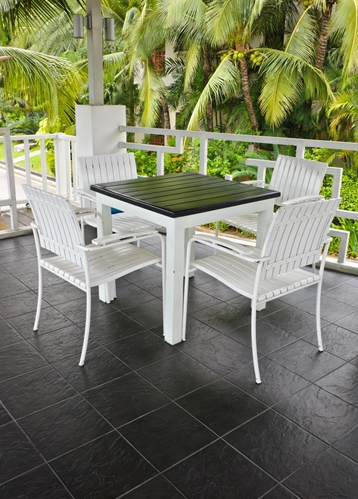
The Restaurateur’s Guide To Running An Eco-Friendly Business
Running a restaurant or cafe can be a stressful yet inspiring challenge. The opportunity to get to know people in your local community and become a much-loved neighbourhood institution is one of the main benefits of opening a food and drinks business. While novelty may initially draw the crowds in, it’s important to stake your claim in this competitive sector with a unique brand that pulls patrons in – running an eco-friendly business by putting the environment first can help do just that.
Why are eco-friendly practices important in the food and drink sector?
According to a recent University of Chicago Environment Agriculture and Food study, sustainable food sourcing has become increasingly popular, suggesting demand from consumers is reinforcing the positive benefits of opting for a green alternative to standard food service practices. The study states sustainability is a focus for more and more chefs and that this type of sourcing is marking restaurants out with a “point of differentiation”.
Effective business planning is essential for any organisation and this is especially the case for those new to the restaurant sector or looking to refresh their business. Making the switch to sustainable corporate practice can be seen as a “natural extension” of your business’s ethos, according to an article in QSR magazine, a food and drink sector specialist publication. Numerous cafes and restaurants around the world are running an eco-friendly business having made eco-friendly products and activities the focus of their offerings, including through initiatives such as environmentally aware food sourcing and recycling schemes.
How can cafes and restaurants become more sustainable?
Sourcing food in a sustainable way not only means you’ll be helping to protect the planet, but it also means that your diners can enjoy local, fresh produce that cannot be found in other regions. The London-based Sustainable Food Association suggests that there are five areas in which cafes and restaurants can source with sustainability in mind, such as using “local and seasonal food”, “environmentally positive farming” as well as ensuring to use Fair Trade products as much as possible.
While what you serve is perhaps the most important part of this industry, how you dispose of the waste your business creates should also be a priority in running an eco-friendly business too. Obtaining several recycling bins for the range of rubbish created in a cafe or restaurant helps to prevent waste ending up in planet-harming landfill, plus shows you care about your immediate surroundings and the wider world. Food waste can be used for compost in which you could plant your own fruit and vegetables. Cardboard boxes and containers can be reused as much as possible and try to work with suppliers who only use recycled materials if you can.
Reducing plastic consumption is also vital too – look for opportunities where you can replace plastic with sustainable, green alternatives such as reusable sandwich wraps. This is a great idea especially for takeaway service. While some business owners may be hesitant about cost, the benefits over the longer term – such as helping to protect the environment and creating a positive brand image – can be hugely advantageous in this tricky area of commerce.
Even the smallest changes can show environmental awareness without too much organisational disruption. For instance, encourage diners to eat-in as much as possible to use cutlery instead of takeaway containers. For eat-out only venues, use recycled materials for the containers – knives and forks can be made of wood and napkins can be created sustainably. You could even encourage customers to bring their own reusable coffee cups to enjoy your signature beverages with additional eco-friendly kudos.


